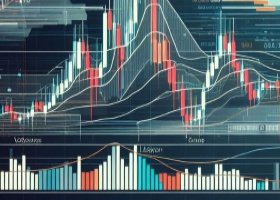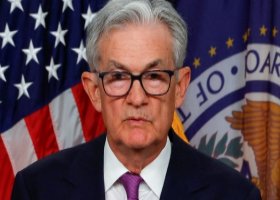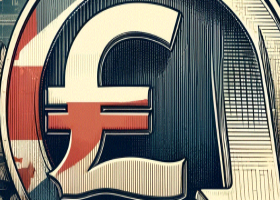Negative Interest Rate Removal! What Does the Bank of Japan's Move, the First in 17 Years, Mean.Summary of Trades from M
Summary of Trades from March 11th to March 15th:
The total profit was +196,779 USD.
I pursued buying opportunities in cryptocurrencies, but was caught in significant downward corrections at various points, leading to stop losses. Despite observing substantial upward movements, I couldn't capitalize on them effectively.
Given the considerable volatility, I plan to refrain from chasing upside momentum and instead focus on buying opportunities during significant dips.
Regarding the highly anticipated US CPI and PPI data, there seems to be no clear improvement in US inflation. Speculation is strengthening that the US monetary authorities won't rush into rate cuts again, resulting in renewed buying of the US dollar.
Continued fluctuations in expectations of US rate cuts suggest that the US dollar may continue to trade within a range.
Two points of focus for the future:
Bank of Japan to Remove Negative Rates, First Rate Hike in 17 Years Expected:
The Bank of Japan is expected to announce the removal of its negative interest rate policy at the policy meeting scheduled for March 18th and 19th. This move, if confirmed, would mark the first rate hike since 2007, signaling the beginning of normalization of monetary policy. The average wage increase rate announced by the labor union for this spring is 5.28%, the highest level in 33 years. The Bank of Japan sees a high probability of achieving a virtuous cycle where wages and prices rise together.
Swiss National Bank (SNB) Maintains Interest Rates at 1.75%, Speculations of End of Rate Hikes:
On March 14th, the SNB kept its policy interest rate unchanged at 1.75%, as expected. This marks the second consecutive meeting with no changes. The SNB halted rate hikes in September, and there's a growing belief among economists that rate hikes have ended. Despite a slight decrease in inflation pressures this quarter, uncertainties remain high. Therefore, the SNB will continue to closely monitor inflation and adjust monetary policy as needed. SNB President Jordan indicated that there's no need to focus on foreign exchange sales to support the value of the Swiss franc.
P.S. According to announcements from Japanese labor unions, the wage increase rate has exceeded 5% for the first time in 33 years, reaching 5.28%. While real wage increases in response to inflation remain relatively low, the fact that companies, which were previously hesitant to raise wages, are now actively doing so represents a significant change.
Currently, compared to Europe and the US, prices for goods and services of similar quality are remarkably lower in Japan. Returning to Japan from places like Paris, where prices are 2-3 times higher, makes Japan feel significantly cheaper. Despite the affordability, the quality and service are high, which explains why major funds are eagerly investing in Japanese stocks. Considering the potential correction of this situation in the future, there's still room for Japanese stocks to rise further.
Seeing articles about the "Nikkei Average reaching 50,000 by the end of the year" isn't far-fetched, in my opinion.
Well, have a great weekend! (^^)


